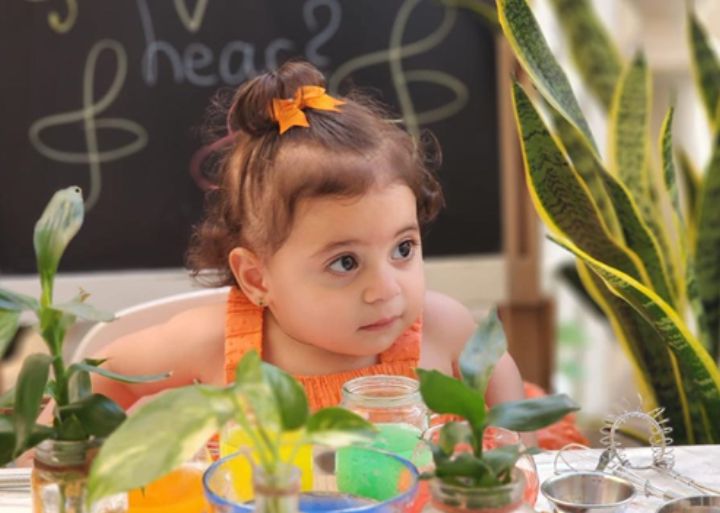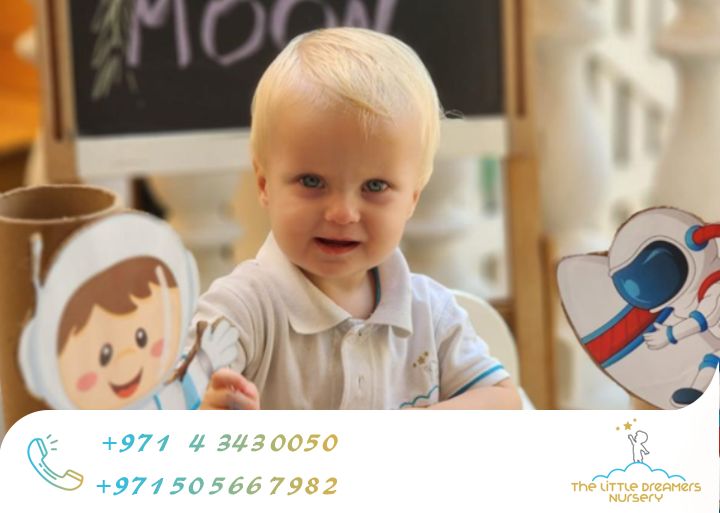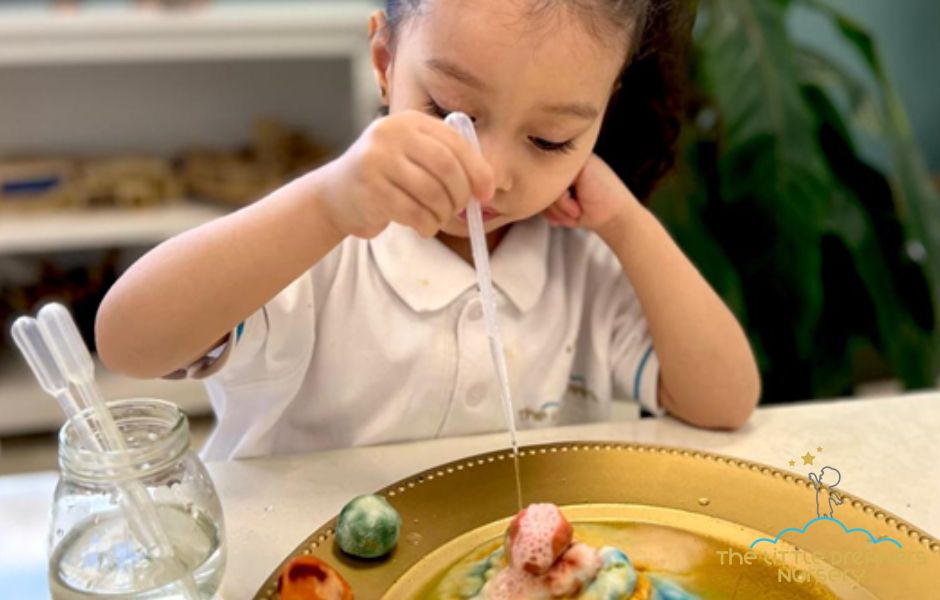Exploring the world of science can be an exciting adventure for preschoolers. Engaging in science experiments for preschoolers not only sparks their curiosity but also helps develop critical thinking skills. Parents and caregivers can easily facilitate fun and educational activities at home. Here are some exciting science experiments that preschoolers can try, including options specifically tailored for different age groups and seasonal themes.
Simple Science Experiments for 4 to 5 Year Olds
For younger children, particularly science experiments for 4 year olds and science experiments for 5 year olds, it’s essential to choose activities that are safe, simple, and engaging. Here are a few ideas:
This classic experiment is a favorite among young children. Start by placing a small container in a tray to catch any overflow. Fill the container with a few tablespoons of baking soda. Then, let your child pour in vinegar and watch the eruption! This experiment teaches basic chemical reactions in a fun and visual way.
- Color Mixing with Water
Using clear cups, water, and food coloring, children can learn about color mixing. Fill three cups with water—one with red, one with blue, and one with yellow. Provide an empty cup for mixing. Encourage your child to combine the primary colors and discover new colors. This is a simple yet effective way to introduce concepts of color theory and mixing.

Autumn Science Experiments for Preschoolers
As the seasons change, so do the opportunities for learning. Autumn science experiments for preschoolers can be both educational and seasonal. Here are some ideas to celebrate fall:
- Leaf Chromatography
Collect a variety of leaves and place them in a small container with rubbing alcohol. Let the leaves sit for a few hours. Then, use a coffee filter to absorb the liquid, revealing the different pigments present in the leaves. This experiment not only teaches children about plant biology but also about the changes that occur in nature during autumn.
- Pumpkin Sink or Float
With the autumn season approaching, this experiment can be a festive way to explore buoyancy. Gather a variety of small pumpkins and a large container of water. Ask your child to predict whether each pumpkin will sink or float before placing them in the water. This simple activity introduces scientific inquiry and encourages kids to make observations.
Fun Fall Science Experiments for Preschoolers
When it comes to fall science experiments, there are many engaging activities that can be done at home. Here are a couple more ideas:
- Apple Density Experiment
Take an apple and a bowl of water. Before placing the apple in the water, ask your child if they think it will sink or float. After making predictions, place the apple in the water to see what happens. This activity introduces concepts of density and buoyancy in a hands-on way.
- Harvest Sensory Bin
Create a sensory bin with dried corn, small pumpkins, and leaves. Encourage your child to explore the textures and colors. While playing, discuss with them the different components of fall and how they relate to science. This activity incorporates sensory play with basic scientific observations.

More Science Experiments for Preschoolers
For those looking for additional science experiments for preschoolers, here are ideas that can be adapted for various ages and interests:
- Homemade Slime
Making slime is a fun and tactile experience. Mix glue, baking soda, and contact lens solution to create slime. Let your child experiment with adding glitter or food coloring. This activity is not only entertaining but also teaches properties of materials and chemical reactions.
- Crystal Growing
Using sugar or salt, you can create a simple crystal-growing experiment. Dissolve sugar or salt in hot water until no more will dissolve. Pour the solution into a jar and let it sit undisturbed for a few days. Children can observe the crystals forming over time, providing a visual lesson in crystallization.
Conclusion
Engaging in science experiments for preschoolers is a fantastic way to foster a love for learning. Seasonal experiments, like autumn science experiments for preschoolers, offer unique opportunities to explore the natural world. By incorporating simple activities into your routine, you can help your child develop a passion for science and critical thinking that will last a lifetime.








